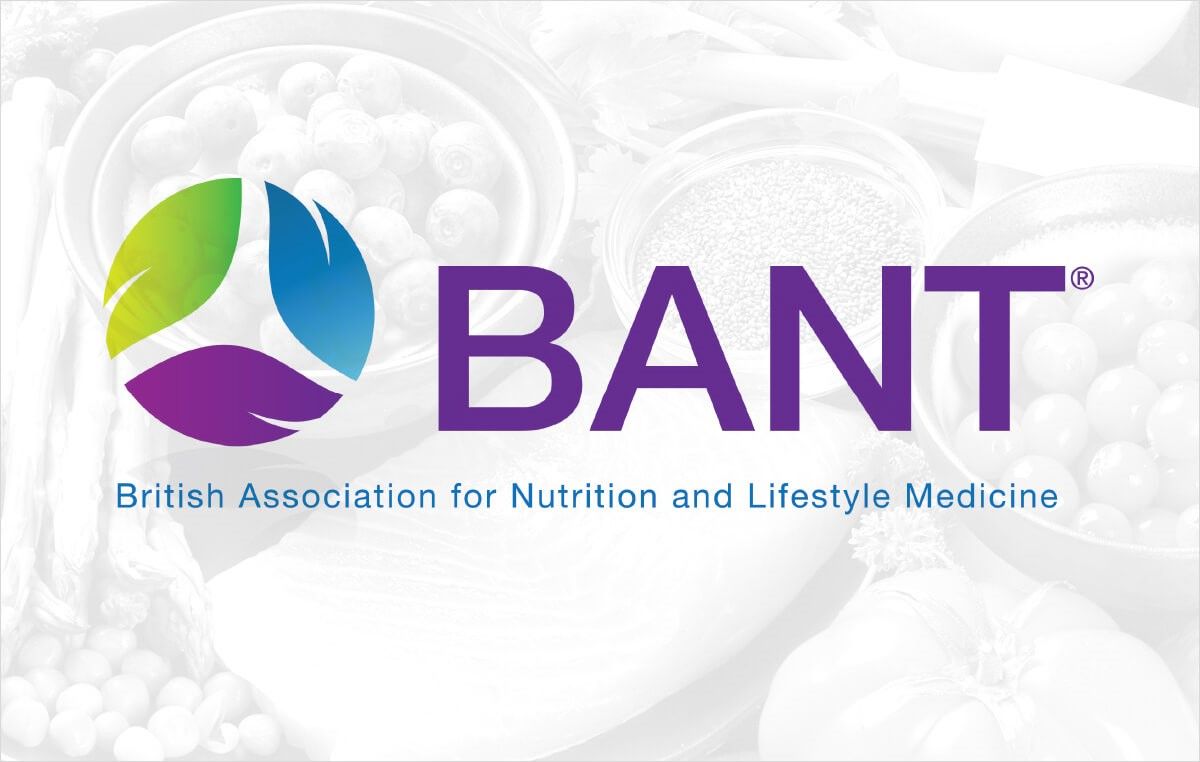
07 Sep 2016 BANT Comments on the Study Published in the JAMA Pediatrics Regarding ‘Caesarean Delivery May Increase Childhood Risk of Obesity’
BANT read with interest the widely publicised study, published in JAMA Pediatrics, that found that “caesarean delivery can increase a child’s risk of obesity into adulthood, compared to their siblings who were born naturally”. The hypothesis put forward by the study’s authors is that the higher risk of obesity observed may be due to the difference in exposure of beneficial gut bacteria (gastrointestinal microbiota) experienced by babies born by c-section versus those born via the birth canal.
Tim Spector, Professor of Genetic Epidemiology at King’s College London and a consultant physician at Guy’s and St Thomas’s Hospital stated on behalf of BANT: “This new study from Harvard of 20,000 births confirms 6 previous observational studies showing C section babies have a 15 percent increased risk of obesity. Other studies have shown increases in allergy. A lack of natural gut microbes is the likely cause”.
A study by Shen TC et al., (2016) recently highlighted that a diet a person consumers over a year is closely linked to the composition of their gut bacteria. For example, a person who eats a carbohydrate heavy diet (pasta, rice, potatoes and refined sugars) is more likely to have an abundance of the Prevotella bacteria, whereas a person who has a more protein (meat) based diet will have a preponderance of Bacteriods. Diet, therefore, is vitally important to beneficial bacteria.
Registered Nutritional Therapists are acutely aware of how important the gut, and its resident bacteria, is both in terms of obesity risk, but also in relation to other health conditions and are able to provide individualised client recommendations to support gut health. BANT registered practitioners are insured to recommend supplements such as probiotics and prebiotics where needed. This is after thorough assessment based on clinical practice framework which takes into account test results. BANT Registered Nutritional Therapists are uniquely trained to prescribe food supplements with caution, assess supplement quality, know supplement interactions with medications and appropriate dosing for the individual client.
BANT Registered Nutritional Therapists take into account individuality that enables personalisation of dietary advice based on the most up-to-date research available. They do not endorse or promote ‘one-size-fits-all’ advice following the health trend of the moment.
How to find your BANT Registered Nutritional Therapist
BANT, The British Association for Applied Nutrition and Nutritional Therapy, recommends that you choose a Registered Nutritional Therapist who has undertaken training at an accredited course thereby ensuring necessary training to understand the theory and practice of nutritional therapy. BANT-member Registered Nutritional Therapists are regulated by the Complementary and Natural Healthcare Council (CNHC). The CNHC holds an Accredited Voluntary Register (AVR) for the Professional Standards Authority for Health and Social Care (PSA). The PSA oversees statutory bodies and accredits organisations holding voluntary registers for health and social care occupations in the UK. By choosing Registered Nutritional Therapist, registered with the CNHC, you can be confident that they are properly trained, qualified and insured.
To find a BANT Registered Nutritional Therapist in your area click on the link: https://practitioner-search.bant.org.uk/
– Ends –
Click here to download the PDF version of this response.
References:
Shen TC, Chehoud C, Ni J, Hsu E; Chen YY, Bailey A, Laughlin A, Bittinger K, Bushman FD, Wu GD (2016) Dietary Regulation of the Gut Microbiota Engineered by a Minimal Defined Bacterial Consortium. PLoS One. 13;11(5):e0155620. doi: 10.1371/journal.pone.0155620. eCollection 2016.

